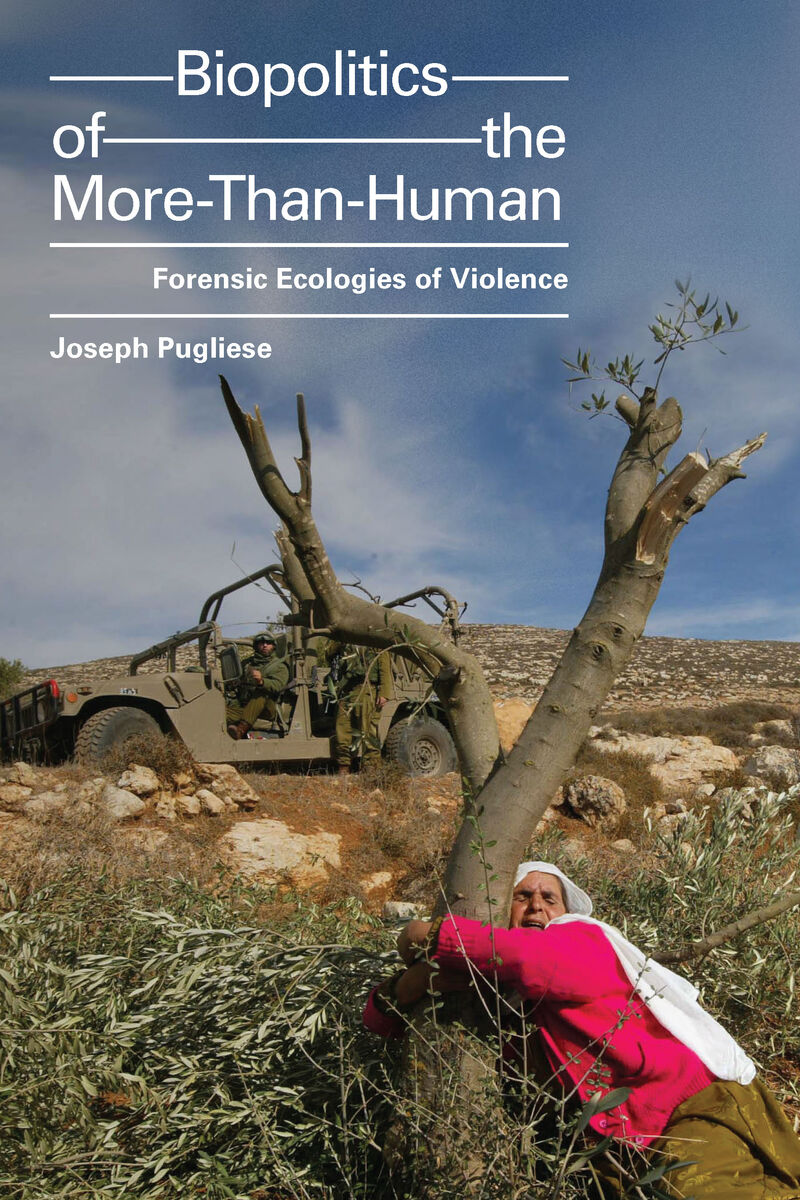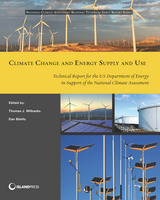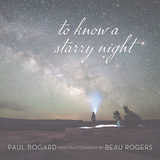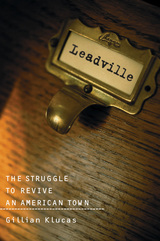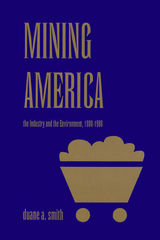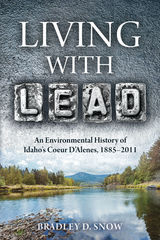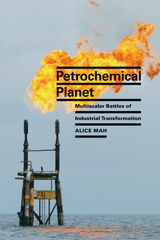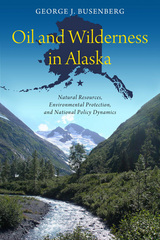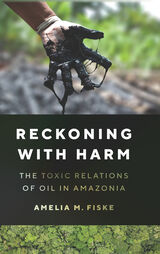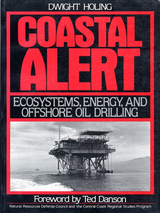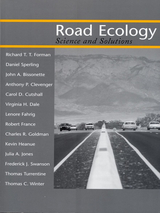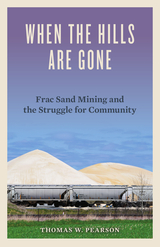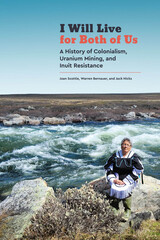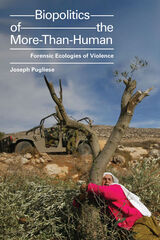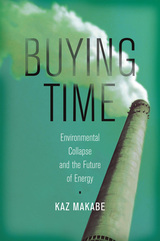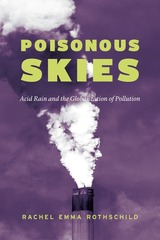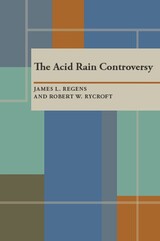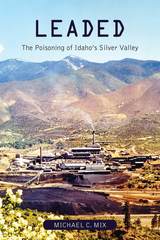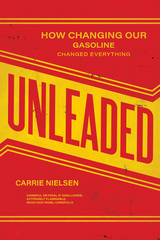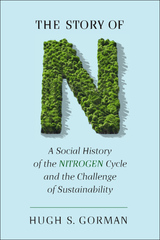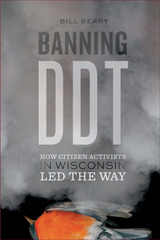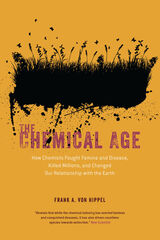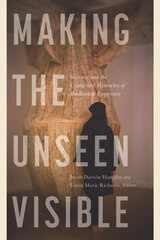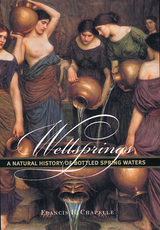Biopolitics of the More-Than-Human: Forensic Ecologies of Violence
Duke University Press, 2020
Cloth: 978-1-4780-0767-8 | Paper: 978-1-4780-0802-6 | eISBN: 978-1-4780-0907-8
Library of Congress Classification TD195.W29P845 2020
See other books on: Biopolitics | Effect of human beings on | Geopolitics | Middle Eastern | Political violence
See other titles from Duke University Press
Cloth: 978-1-4780-0767-8 | Paper: 978-1-4780-0802-6 | eISBN: 978-1-4780-0907-8
Library of Congress Classification TD195.W29P845 2020
ABOUT THIS BOOK | AUTHOR BIOGRAPHY | REVIEWS | TOC | REQUEST ACCESSIBLE FILE
ABOUT THIS BOOK
In Biopolitics of the More-Than-Human Joseph Pugliese examines the concept of the biopolitical through a nonanthropocentric lens, arguing that more-than-human entities—from soil and orchards to animals and water—are actors and agents in their own right with legitimate claims to justice. Examining occupied Palestine, Guantánamo, and sites of US drone strikes in Afghanistan, Pakistan, Somalia, and Yemen, Pugliese challenges notions of human exceptionalism by arguing that more-than-human victims of war and colonialism are entangled with and subject to the same violent biopolitical regimes as humans. He also draws on Indigenous epistemologies that invest more-than-human entities with judicial standing to argue for an ethico-legal framework that will enable the realization of ecological justice. Bringing the more-than-human world into the purview of justice, Pugliese makes visible the ecological effects of human war that would otherwise remain outside the domains of biopolitics and law.
See other books on: Biopolitics | Effect of human beings on | Geopolitics | Middle Eastern | Political violence
See other titles from Duke University Press
